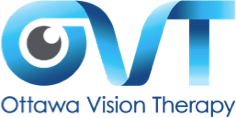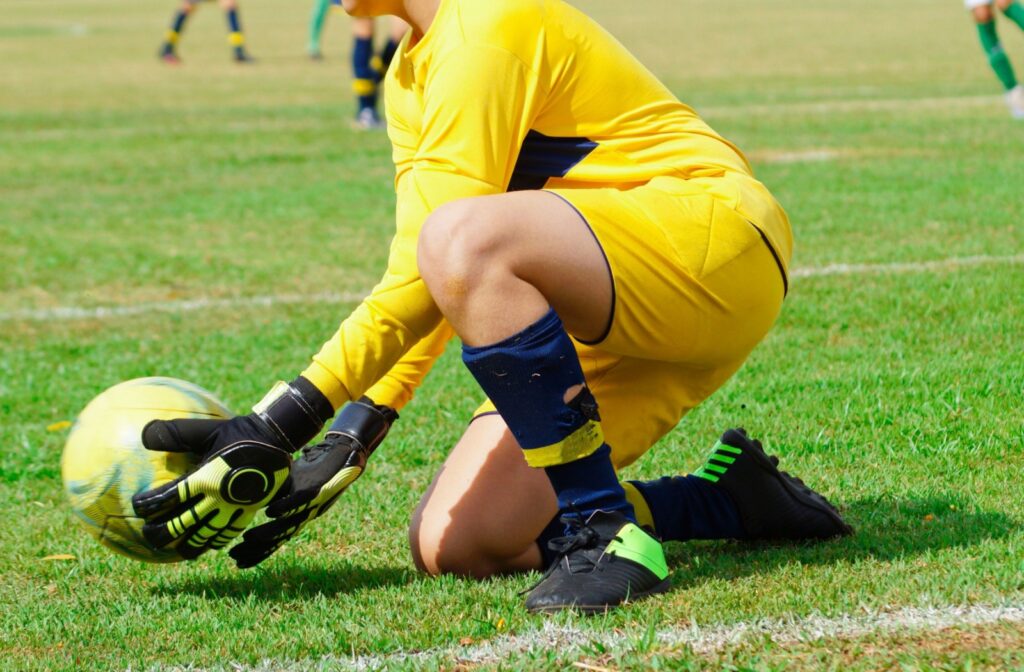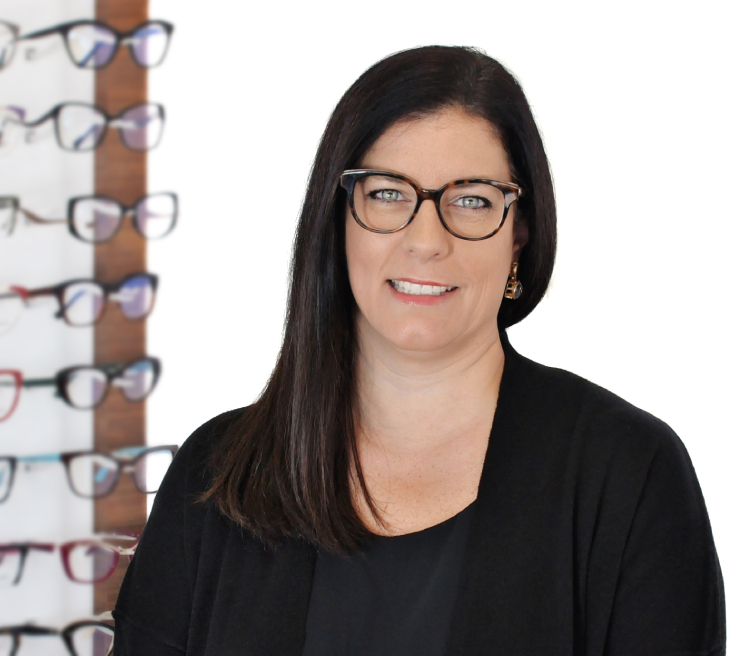Being a competitive athlete requires a variety of skills and abilities. You have to be fast, strong, agile, and coordinated. But have you ever considered that improving your visual skills could make you a better athlete?
Improving visual skills like eye-hand coordination, depth perception, and visual tracking is a way to help with athletic performance. Vision therapy programs are a great way to improve your visual abilities and gain a competitive edge in your sport.
Can Visual Skills Make Me a Better Athlete?
Many sports professionals have noticed a link between visual abilities and athletic performance. For example, one study found that professional athletes have much better depth perception than non-professional athletes. Better depth perception may contribute to the exceptional eye-hand coordination that many professional athletes must use in their sport.
The best athletes also have superior visual processing abilities and reaction times. By processing and reacting to visual information quickly, athletes can plan their next move faster. This speed may allow athletes to dodge a player from another team or avoid injuries.
Types of Visual Skills In Sports
Playing sports typically requires using a full suite of visual skills and techniques, especially in a team-based or competitive environment. Vision therapy helps to develop and improve many of these visual skills, and can help athletes gain a competitive performance advantage. Improving visual skills with vision therapy can also make playing sports more enjoyable.
Reaction Time
Reaction time refers to the speed at which our brain can process our surroundings and react to things happening around us. For athletes, it is important to react quickly when you see a ball or an opponent coming towards you.
At Ottawa Vision Therapy, we use the FITLIGHT® system, a simple but powerful tool to improve reaction time, peripheral vision, dynamic visual acuity, and more. The tool is versatile and customizable, and your vision therapist can develop a customized program to suit your needs.
Some vision therapy programs can also use reaction time training activities like a simple ruler-drop test, where a participant attempts to catch a ruler dropped between their fingers as quickly as possible. At Ottawa Vision Therapy, we use a version of the Posner reaction time test, a computer based test of forced choice reaction to evaluate reaction time.
Visual Tracking
Visual tracking is a person’s ability to focus on and follow a fast-moving person or object. Improved visual tracking can help athletes “slow down” what is happening around them on the court or field. By improving the ability to follow moving targets, athletes will have greater accuracy when catching balls or making a pass.
In vision therapy, participants will need to focus on fast-moving objects in visually-complicated environments to improve their visual tracking abilities.
Binocular Vision
Binocular vision refers to our eyes’ ability to work together and use the visual information we get from both eyes to create one whole image. If your brain can’t integrate visual information from both eyes, visual tracking and reacting quickly can be difficult.
Vision therapy programs improve binocular vision with exercises that aim to retrain the learned aspects of vision, helping the eyes to more effectively coordinate and work together in unison.
Depth Perception
Depth perception is your eyes’ ability to see distances between objects. Depth perception can help athletes judge how far away they are from teammates to make a pass, or how far away a ball is from their hand before they make a big hit.
Vision therapies that work on visual tracking, focus, and binocular vision can help to improve depth perception over time, leading to better athletic performance.
Accommodation
Accommodation is your eye’s ability to focus on a specific object and adjust focus if the object is moving to maintain clarity. By having better-focusing abilities, athletes are better able to track fast-moving objects and pay attention to what is going on in their immediate environment.
Peripheral Vision
Athletes have to be aware of their environment to decide what plays to use and which of their teammates are available for a pass. Peripheral vision is the ability to see and process visual information at the edges of your visual field.
Vision therapy can strengthen peripheral vision by improving focus, spatial awareness, eye tracking, and peripheral vision-specific exercises.
Visual Processing
Visual processing is how fast you can process information about what you see. By improving visual processing, athletes can think faster about their next moves and how to react to their environment.
In vision therapy, activities related to eye tracking, eye-hand coordination, and reaction times can all help improve visual processing abilities. This allows athletes to think on their feet and react quickly.
Can Vision Therapy Help My Visual Skills?
Vision therapy programs use repeated stimulation of your visual system, as well as other body systems like your motor system and balance systems to improve the function of your visual system.
Vision is very important in our day-to-day lives, and untreated visual deficits can lead to poor performance in school, work, social interactions, and sports. Vision therapy can be used to help young children with visual deficits, or anyone wishing to improve aspects of their visual system.
There is scientific evidence that vision therapy improves visual skills, and the Canadian Association of Optometrists recommends vision therapy treatments.
Finding the Right Program
Finding the right program for you involves finding the right optometrist or vision therapist. At Ottawa Vision Therapy, our knowledgeable team works with you to create custom programs tailor-made to your visual needs for your sport.
By building visual skills for sports, we can keep young athletes with visual problems in sports for longer and help all athletes gain a competitive advantage over their opponents. To learn more about our vision therapy programs and how we can help you in your sport, contact us or book an appointment today!




